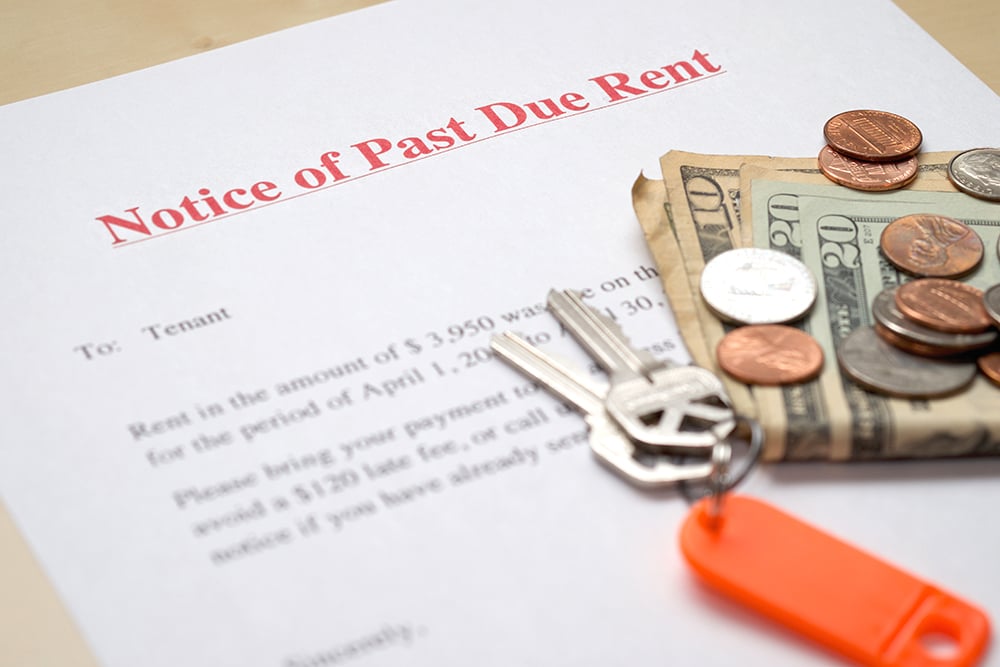The economic impact of the COVID-19 pandemic is hitting renters hard, with more than 18% of U.S. renters saying that it’s caused them to fall behind on their monthly housing payments.

That’s according to a study by Moody’s Analytics and the Urban Institute, which says around 10 million renters missed rental payments in the last year, CNBC reported.
As renters continue to struggle, the Centers for Disease Control and Prevention recently extended its eviction moratorium through the end of March. Meanwhile, $25 billion in rental assistance to renters and property owners started being released to states last week.
Despite the aid being promised, housing groups say it’s not clear who is eligible to receive these funds. Mark Zandi, chief economist at Moody’s Analytics, and Jim Parrott, a fellow at the Urban Institute, said in their study that around 6.3 million renters will still be behind on their payments in March, even with this help.
The report found that the average delinquent renter owes $5,600 in missed rental payments and unpaid utility bills, representing around four months of missed payments.
“Compared to renters who are making their rent payments on time, currently delinquent renters are more likely to be lower-income, less educated, Black, and with children,” Zandi and Parrott said. They warned that “eviction is a serious possibility” for those who can’t make up their missed payments.
Housing groups say that extending the eviction moratorium is not sufficient on its own. They say that property owners need more help too. Since the start of the pandemic, several groups including the National Association of Realtors have pushed for more assistance to help landlords, who must still pay the mortgages on their properties.
In its $1.9 trillion COVID-19 stimulus package, the new administration under President Joe Biden has proposed $25 billion in additional rental assistance, but housing groups say it might not be enough.
“Allocated rental assistance funds do not fully address the $70 billion in outstanding debt nor accruing debt moving forward,” said the National Multifamily Housing Council. “The industry simply cannot continue operation under these policies without disastrous harm to housing affordability.”